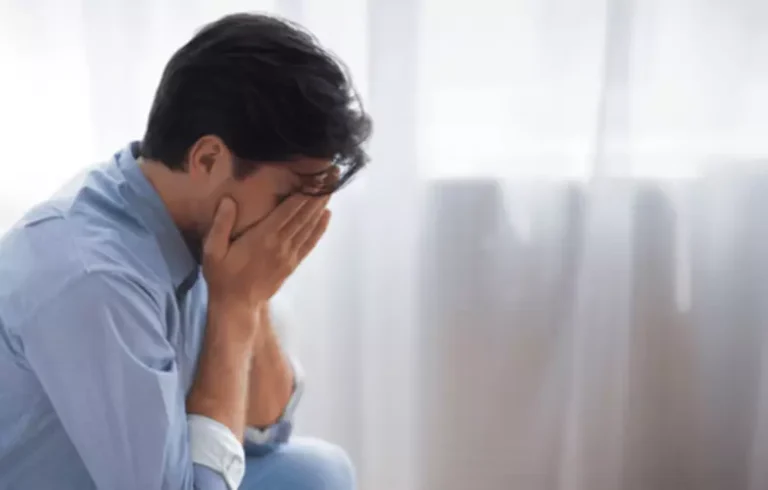
Carry mineral tablets or liquid mineral drops with you for emergencies. These can be added to water or juice for quick and lasting hydration (your cells will thank you!). This is partly because our soil is incredibly depleted, so our fruits and veggies don’t have the mineral content https://ecosoberhouse.com/ they once did.
Choose Drinks with Lower Alcohol Content
- To rehydrate your body after alcohol, it’s crucial to drink plenty of water and consider using an electrolyte powder to replenish electrolytes lost through increased urination.
- This mechanism is most likely implicated in chronic alcohol-induced hypertension.
- A special fluid in the ear’s vestibular system called endolymph also reacts adversely to alcohol, thinning when it’s introduced to the substance.
- Your symptoms should clear up within 24 hours, depending on how much alcohol you consumed.
- Alternating alcoholic drinks with water or other non-alcoholic beverages can also help maintain hydration levels.
And above all, limiting your alcohol consumption in general is the best way to avoid dehydration. Another common recommendation is to drink half your body weight in ounces. If you weigh 150 pounds, you should drink 75 ounces of water; 180 pounds would be 90 ounces, and so on. The important thing is never wait until you’re thirsty to start drinking. The night is off to a great start and you’re catching up with friends and family.
Recognizing Dehydration Symptoms: Key Signs to Watch Out For
Relatedly, alcohol consumption can also cause vasodilation, which is the widening of blood vessels. Different types of does red wine dehydrate you alcohol have varying effects on the body’s hydration levels. Generally speaking, the higher the alcohol content of a drink, the more dehydrating it will be. In this article, we will discuss the relationship between alcohol and dehydration, the negative effects of dehydration on the body, and practical tips for staying hydrated while consuming alcohol. If you have mild dehydration symptoms (e.g., thirst, dry mouth, dark yellow urine, headache), simply drinking an ample amount of plain water will likely sufficiently restore your fluid balance.
Dehydration From Alcohol: 5 Tips to Prevent and Treat It
- When you’re severely dehydrated, it can take several days for a full recovery.
- Magnesium electrolytes help in cellular function, nerve conduction, brain and heart which are often affected during a hangover.
- Although the kidneys remove waste products, most of the water loss is due to the effect of vasopressin.
- Alcohol-induced dehydration can also decrease reaction time, making it more challenging to respond quickly to unexpected situations, such as sudden stops while driving or avoiding obstacles.
Consuming alcohol leads to dehydration and can affect several systems and functions in the body. It is important for a person to be aware of the signs and symptoms drug addiction treatment of alcohol-induced dehydration and the ways to avoid it. Having a few drinks can be fun, but feeling dehydrated or hungover is not.
- Before delving into the effects of alcohol-related dehydration, it’s important to define what dehydration is and how it is caused.
- When alcohol suppresses vasopressin, the body excretes more water through urine, leading to increased fluid loss and potential electrolyte imbalances.
- Drinking alcohol at a slower pace can reduce its dehydrating effects.
- Above 5,000 feet elevation, your body can lose fluids almost twice as fast as it can at sea level.
- An increase in sympathetic activity is consistent with impairment of the baroreceptors that, when activated, inhibit the sympathetic nervous system45,47.
How to Rehydrate Fast After Drinking

Water can help replace lost fluids, maintain electrolyte balance, and aid kidney function. Electrolytes are minerals in the body that help regulate fluid balance. Alcohol can disrupt electrolyte balance, which can contribute to dehydration.

Does Dehydration Make Hangovers Worse?
When alcohol is consumed, it interacts with the body’s antidiuretic hormone and its production. This hormone is normally responsible for regulating water balance and retention in the body and signals the kidneys to function properly and retain water. But when alcohol is present, the hormone becomes suppressed, which is why some people may find they have the urge to urinate more after alcohol.

The effect of blood pressure may be due to the mineralocorticoid activity of cortisol or catecholamine hypersensitivity68. Alcohol stimulates the secretion of corticotrophin releasing hormone in rats69,70 leading to stimulation of cortisol secretion71, sympathetic stimulation and hypertension in rats. However this mechanism is implicated more likely in acute alcohol-induced hypertension. Last but not least, limiting your alcohol intake can help prevent the adverse effects of alcohol-related dehydration while promoting overall health and wellness. The recommended daily limit for alcohol consumption is two drinks for men and one drink for women.
